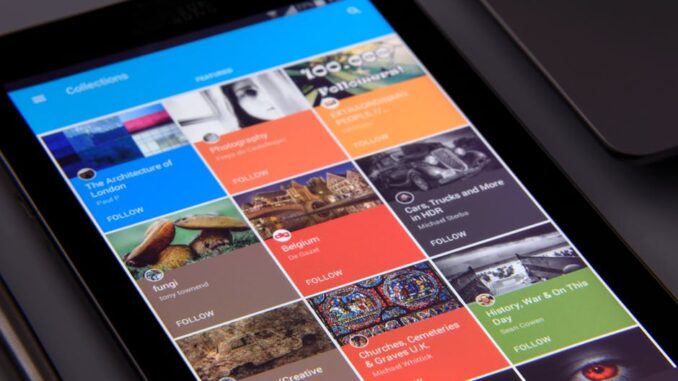
Summary
A recent study reveals a concerning trend: gaming and smartphone addiction is starting in primary school. Australian children now spend up to nine hours a day on screens, impacting their social, emotional, and educational development. Experts call for early intervention and strategies to mitigate these negative effects.
** Main Story**
Gaming Addiction Starts Young: A Call for Early Intervention
A recent Macquarie University study reveals a disturbing trend in Australia: children as young as 10 are developing gaming and smartphone addictions. This challenges previous assumptions that such addictions primarily affect teenagers. The study, the largest of its kind in Australia, surveyed nearly 2,000 students from Years 4 to 8, uncovering that approximately 4% displayed clinical or sub-clinical Internet Gaming Disorder (IGD) symptoms. Alarmingly, primary and secondary school students showed no significant difference in IGD prevalence.
The Impact of Excessive Screen Time
The study also found a dramatic increase in overall screen time. Primary school students now average 6.34 hours daily, up from 4.24 hours in 2017, while secondary students average a staggering nine hours daily, compared to six hours in 2017. This rise coincides with the COVID-19 pandemic, which normalized increased screen use. Researchers worry these habits persist.
Developmental Consequences and Risk Factors
Researchers discovered that children with clinical-level gaming disorder experienced four times greater developmental impacts than their peers, particularly in social/physical activity and emotional development. This includes neglecting homework, missing school, and experiencing withdrawal symptoms when not gaming. Girls show a higher risk of smartphone addiction, while boys are more prone to gaming disorder.
Early Intervention is Key
Experts advocate for early intervention. They stress the importance of addressing screen use, especially for children with behavioral management difficulties or those using screens to cope with unmet needs in the offline world. Developing healthy digital habits in primary school is crucial for long-term well-being.
Understanding Gaming Addiction
Children with clinical IGD prioritize gaming over other activities, even when it leads to negative consequences. They also experience withdrawal symptoms and struggle to control their gaming time. This indicates a behavioral addiction requiring professional attention.
Addressing the Smartphone Addiction Crisis
The study highlighted the increasing prevalence of smartphones among young children, with 50% of Year 4 students now owning one. This easy access contributes to smartphone addiction and its negative consequences, particularly among girls.
Recommendations for Parents and Educators
- Open Communication: Talk to children about healthy screen habits and the potential risks of excessive screen time.
- Set Clear Limits: Establish consistent screen time rules and stick to them.
- Encourage Alternative Activities: Promote activities that don’t involve screens, such as physical activity, hobbies, and social interaction.
- Monitor Screen Use: Pay attention to what children are doing online and how much time they’re spending on screens.
- Seek Professional Help: If a child shows signs of addiction, consult a psychologist or other qualified professional.
A Collaborative Approach
Addressing this growing issue requires a collaborative approach involving parents, educators, and healthcare professionals. By working together, we can create a supportive environment that promotes responsible technology use and helps children develop healthy digital habits from a young age. This is especially important in light of the increasing prevalence of screens in our daily lives. The future well-being of our children depends on it.


Nine hours a day? I’m starting to think my Tamagotchi addiction prepared me for the *real* world. Anyone else find that setting screen time limits is harder than beating level 99 of Candy Crush?
That’s a great point! Setting limits *is* a challenge. The study showed that consistent parental involvement and open communication were key factors in managing screen time effectively. Finding engaging alternatives to screen time can also make a big difference. What strategies have you found helpful?
Editor: MedTechNews.Uk
Thank you to our Sponsor Esdebe
The study’s focus on early intervention is crucial. Do you think schools should incorporate digital literacy and responsible technology use into their curriculum to proactively address this issue?
That’s a fantastic point! Integrating digital literacy into the curriculum makes a lot of sense. By teaching responsible technology use early on, we can empower students to make informed choices and develop healthy habits from the start. What specific areas of digital literacy do you think are most important to cover?
Editor: MedTechNews.Uk
Thank you to our Sponsor Esdebe